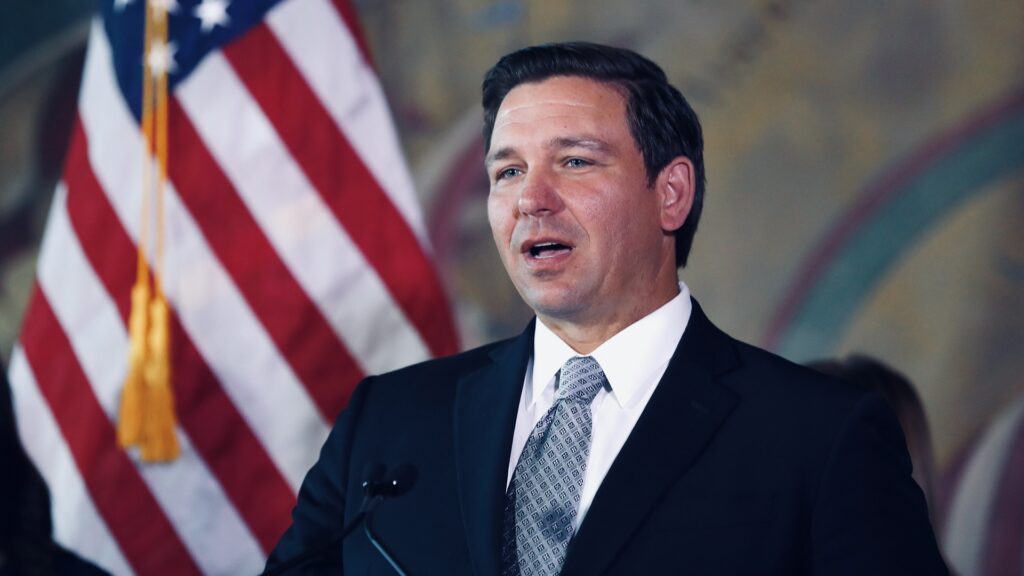
In a bold proclamation at the Family Leadership Summit on July 14, Florida Governor Ron DeSantis pledged to prohibit the use of Central Bank Digital Currencies (CBDCs)—computed currency versions of a country’s fiat money—in the United States if he secures the presidency. This declaration is not DeSantis’ first criticism of CBDCs; in fact, he is known for his opposition to the idea of a digital dollar in the country.
“If I am the president, on day one, we will nix central bank digital currency. Done. Dead. Not happening in this country,” proclaimed DeSantis during the event in Iowa. The summit featured a round-up of other Republican Party candidates, where the governor continued to express his disapproval of CBDCs, stating that their implementation might lead to a significant power shift from consumers to a central authority—an outcome he considers undesirable.
Even though CBDCs—digital versions of fiat currency—are not too dissimilar to traditional currencies issued by central banks, they have attracted controversy within the crypto community. While some argue CBDCs pose a threat to citizens’ privacy and usher in a potential for total government control, others perceive them as instrumental in promoting the adoption and global use of blockchain technology.
Over the last few years, there has been an observable upsurge in CBDC experiments, with over 100 countries exploring the technology, and at least 39 nations implementing either a CBDC pilot, proof-of-concept, or other related initiatives. Nonetheless, reports indicate the U.S. Federal Reserve has no immediate plans to introduce a digital dollar, though this could change post the upcoming election given the increasing interest in crypto-related matters among candidates. Notably, Robert F. Kennedy Jr., a Democratic Party nomination hopeful, has been advocating for Bitcoin since May, revealing Bitcoin investments up to $250,000 as part of his campaign.